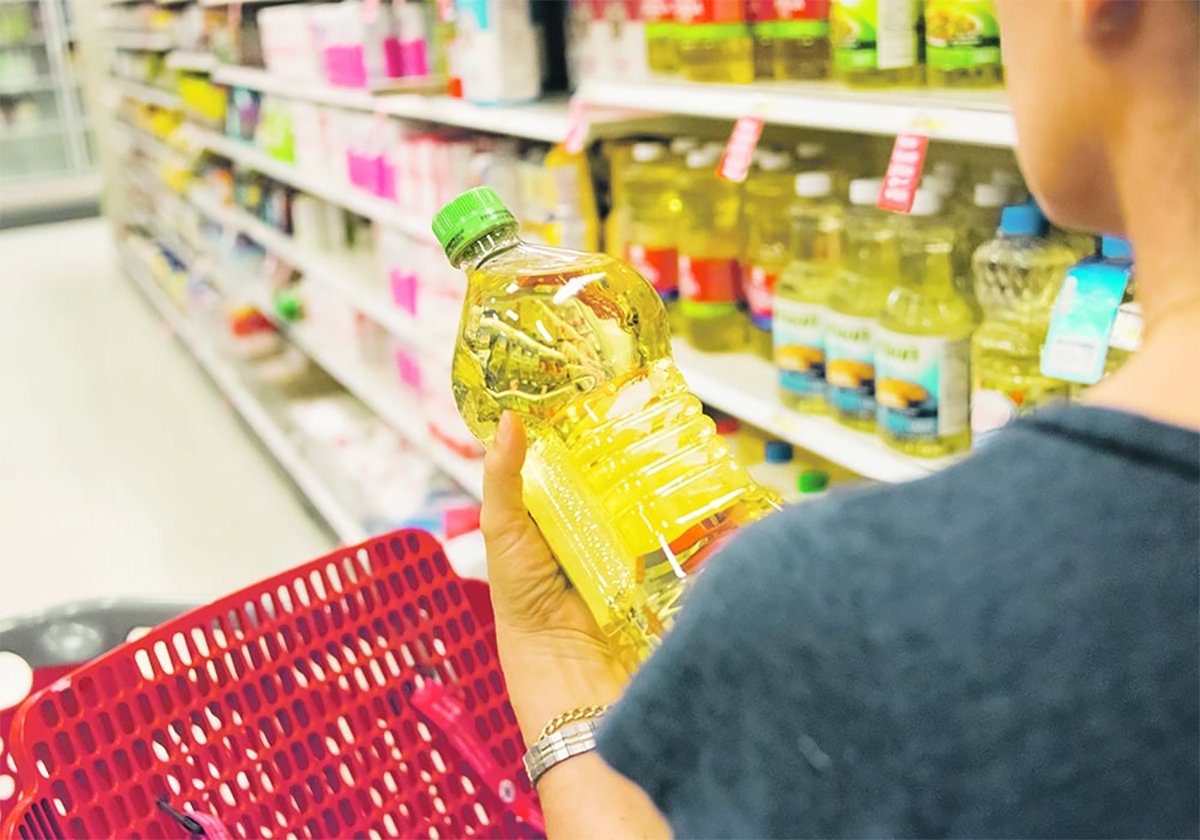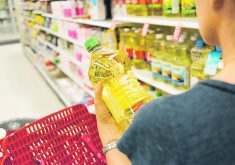Low prices likely to stay
The next round of world trade negotiations kicks off this fall and, like last time, participants say agriculture will be a priority.
Again, the proponents of liberalized trade, including Canada, the United States, Australia and others, will press the European Union for the elimination of subsidies, programs and policies that distort agricultural prices and limit market access.
This is well and proper, but the last international trade negotiations, the Uruguay Round, began in 1986 and although slated to last only five years, didn’t conclude until 1994 because of the difficulty in amending agriculture trade.
Read Also

Vegetable oil stocks are expected to tighten this year
Global vegetable oil stocks are forecast to tighten in the 2025-26 crop year, this should bode well for canola demand.
So we will be lucky to get a new trade agreement by 2004.
In the meantime, a lot of Canadian farmers are going to go out of business. And even with a new trade agreement, that does not guarantee higher prices, only fairer trade.
The long run trend for all commodities, agricultural products included, is lower prices as new technologies make it easier to produce the volume needed.
More than needed
Even today, the reason for low grain and hog prices is linked more to surplus capacity than to export subsidies.
You can argue that internal subsidies in Europe and the U.S. have helped create the stockpiles, but I believe farmers would produce to the maximum they are capable of even without subsidies.
And their ability to boost productivity will soon be enhanced. There is concern that in some places the irrigation water needed to maintain today’s productivity is unsustainable.
But another development, and one I believe will be more far reaching, is that science will soon produce plants and animals genetically altered to break current boundaries of yield and productivity.
Although there will be regions of hunger caused by poverty and war, generally the world’s food situation will be one of adequate supply, not scarcity.
And in that situation, commodity sales are made by the lowest-cost producer.
Government farm safety nets don’t begin to address this situation.
It can only be handled by the farmer. Some might be able to succeed in the lowest-cost commodity business, but it won’t be easy.
Other alternatives are to find a niche product to produce without much competition or to somehow climb the value chain to access profits from food processing.
And when you barely have enough money to keep the farm going, this is a tall order.














